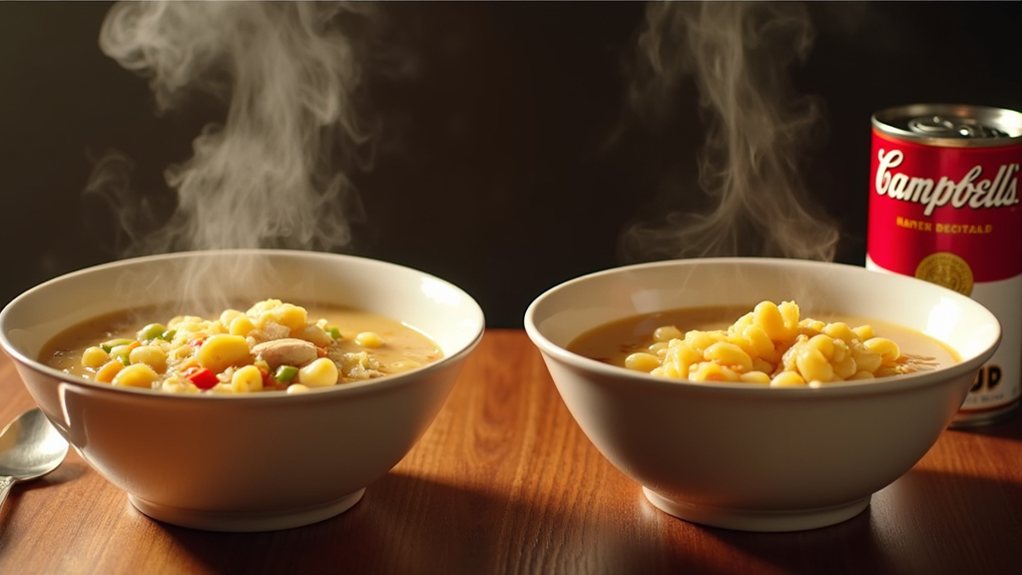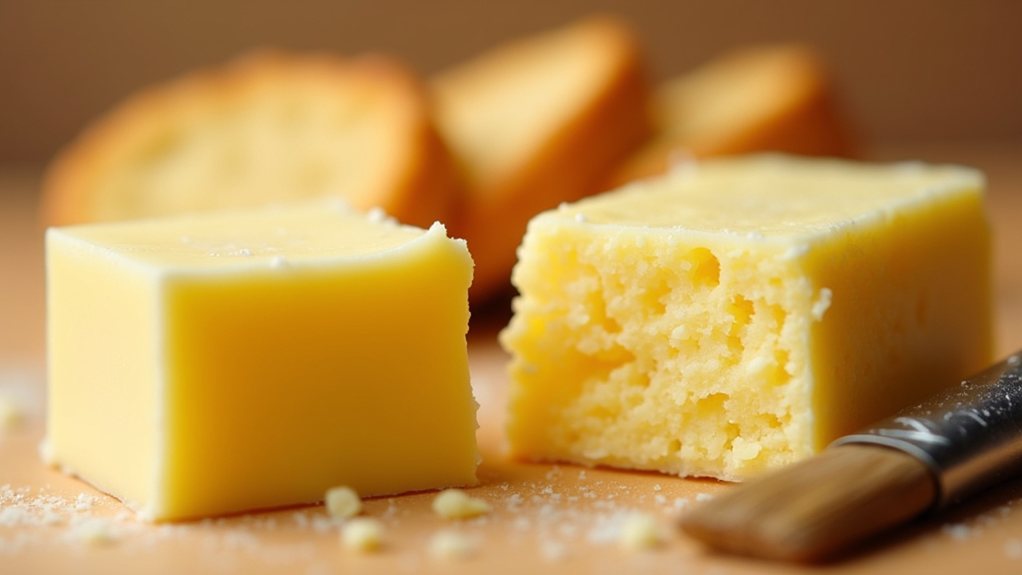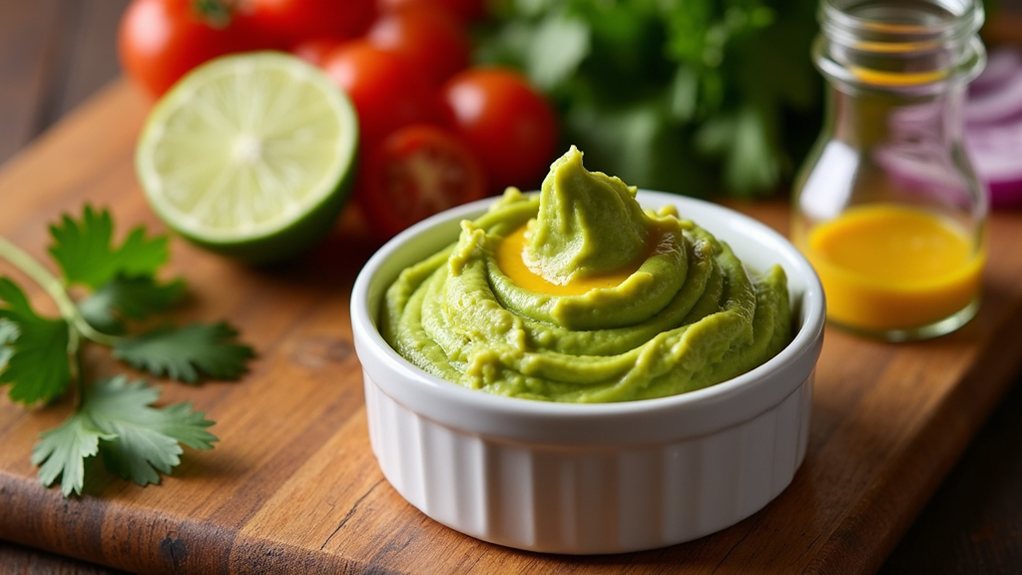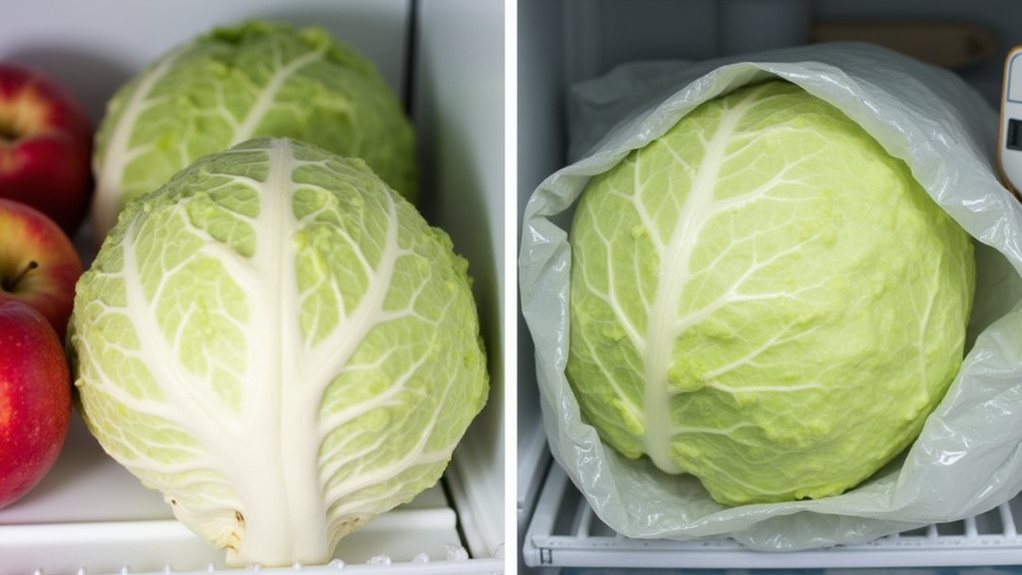The Cultural Significance of Jewel-Osco as Featured in "The Bear"
With an emerging narrative in the culinary world, the third season of "The Bear" has captivated audiences with its intense yet relatable storytelling. In this season, iconic references to local culture, including the mention of Jewel-Osco, add depth to the show. Jewel-Osco stands as a prominent landmark in Chicago’s grocery landscape, reflecting the city’s identity and culinary scene.
Jewel-Osco: A Pillar of the Chicago Community
Jewel-Osco is more than just a grocery store; it represents a staple in the lives of many residents in Chicago. Operating nearly 200 stores in the region and additional locations in Indiana and Iowa, Jewel-Osco was named the best grocery store in Chicago in a recent 2024 Axios Chicago poll. This high regard underscores its central role in everyday shopping and dining for locals.
Founded in 1899 by Frank Ross and Frank Skiff, the chain began as a modest tea and coffee delivery service known as the Jewel Tea Company. Starting with just a horse-drawn wagon, the business steadily grew, transforming with advancements in transportation and logistics. By the 1960s, Jewel-Osco had merged with Osco Drugs, creating a convenient shopping experience that allowed customers to purchase groceries and pharmaceuticals in one visit.
The Modern Grocery Experience
What keeps shoppers returning to Jewel-Osco? Convenience plays a significant role. The stores’ extended hours and numerous locations make them a go-to choice for residents. Jewel-Osco also features a diverse selection of prepared foods, an area where it truly excels. Among the offerings, the store’s fried chicken garners particular acclaim, drawing in both loyal customers and new visitors seeking a quick meal.
In addition to fried chicken, Jewel-Osco’s menu of prepared foods includes items like potato wedge fries, seven-layer taco dip, honey chicken wings, and even lobster mac and cheese. Delicacies such as these connect with the community’s taste preferences, offering a blend of local favorites and comforting staples.
Cultural Representations in Media
The depiction of Jewel-Osco in "The Bear" is emblematic of its status in Chicago. The series, which provides a realistic portrayal of the challenges of running a restaurant, resonates deeply with local audiences. Actor Jamie Lee Curtis’s character, DeeDee, casually mentioning the supermarket integrates a sense of authenticity into the narrative, showcasing the everyday interactions of Chicagoans with their environment.
The series not only delves into the culinary world but also touches on family dynamics and community relationships. The reference to Jewel-Osco underscores the interconnectedness of food, family, and culture within the setting of Chicago. Such representations enrich the viewing experience, offering audiences a relatable glimpse into the lives of those who navigate both personal and professional struggles in the bustling city.
Conclusion
Jewel-Osco is more than just a grocery store; it is a symbol of local identity and community spirit. The chain, with its rich history and commitment to convenience, remains a vital part of many Chicagoans’ daily lives. This cultural significance has solidified its place in popular media, particularly with references like those found in "The Bear." As the series continues to highlight local traditions and eateries, Jewel-Osco stands as a testament to the importance of food in shaping community relationships and urban life. Thus, the grocery store’s influence extends beyond mere sustenance, weaving itself into the fabric of what it means to be a part of the Chicago experience.










